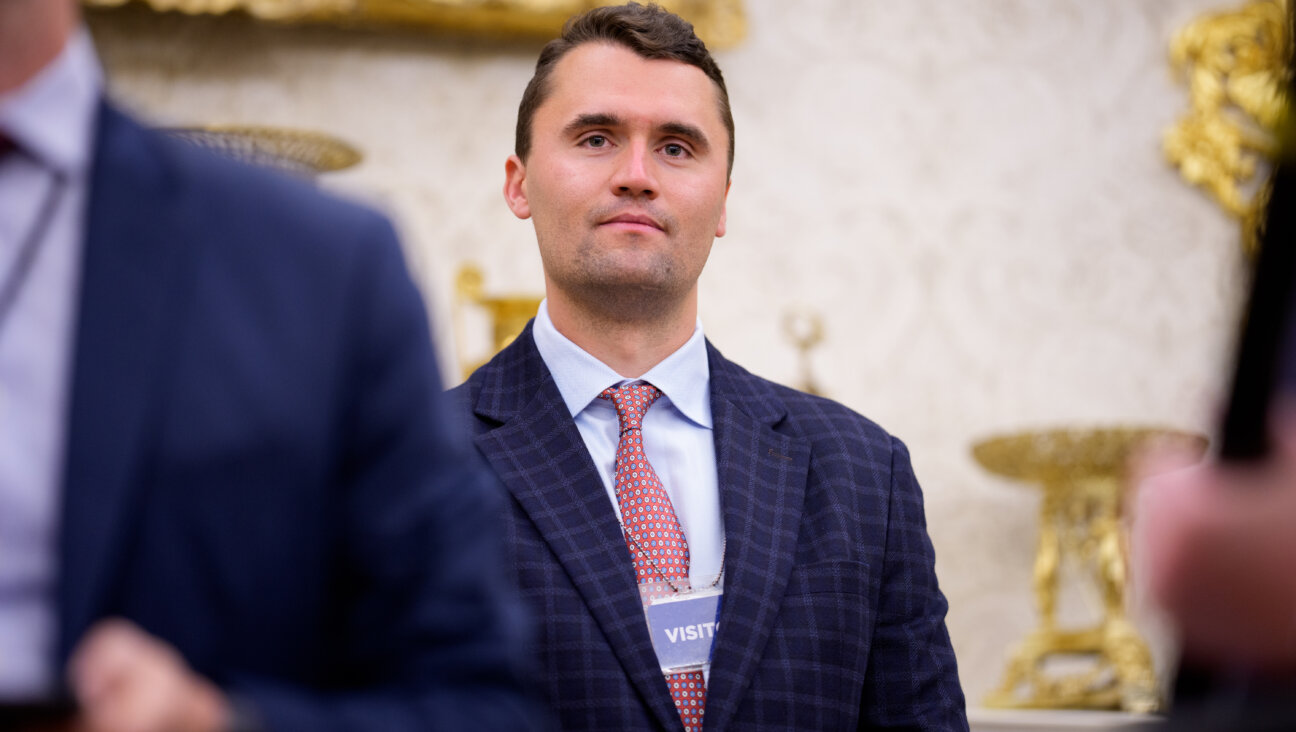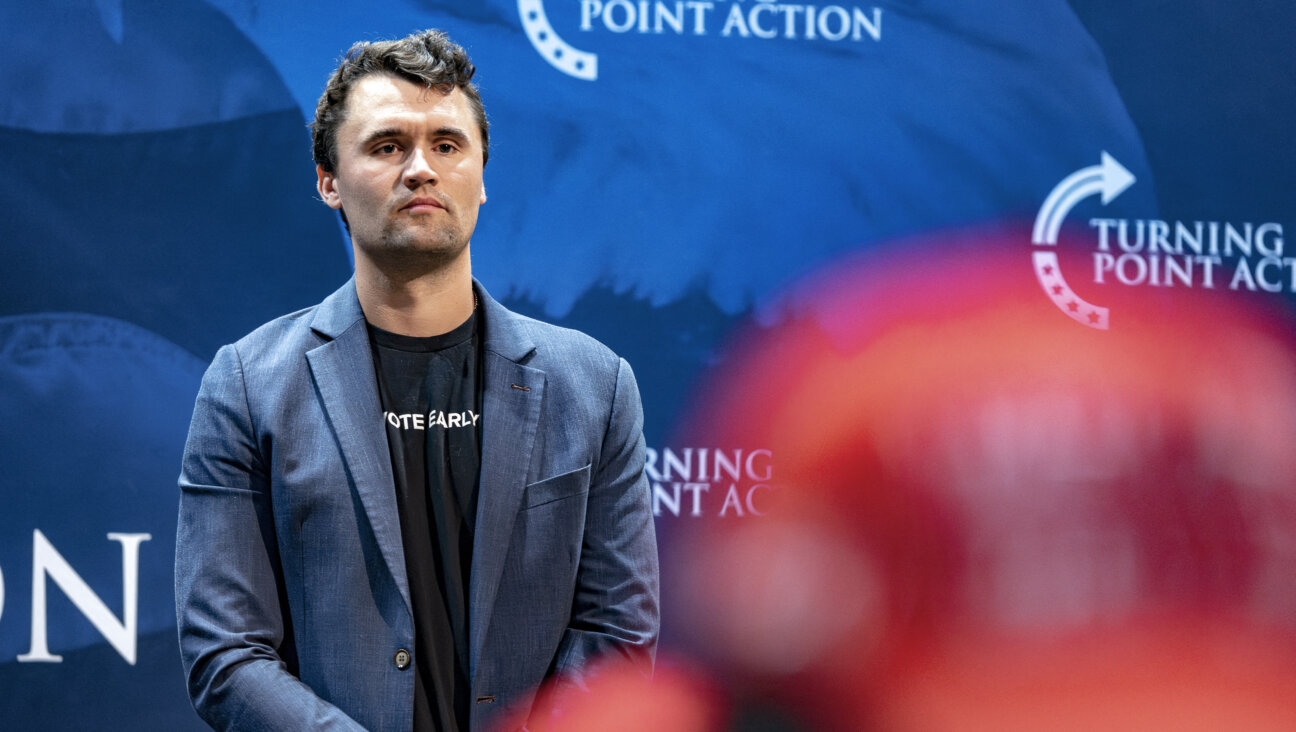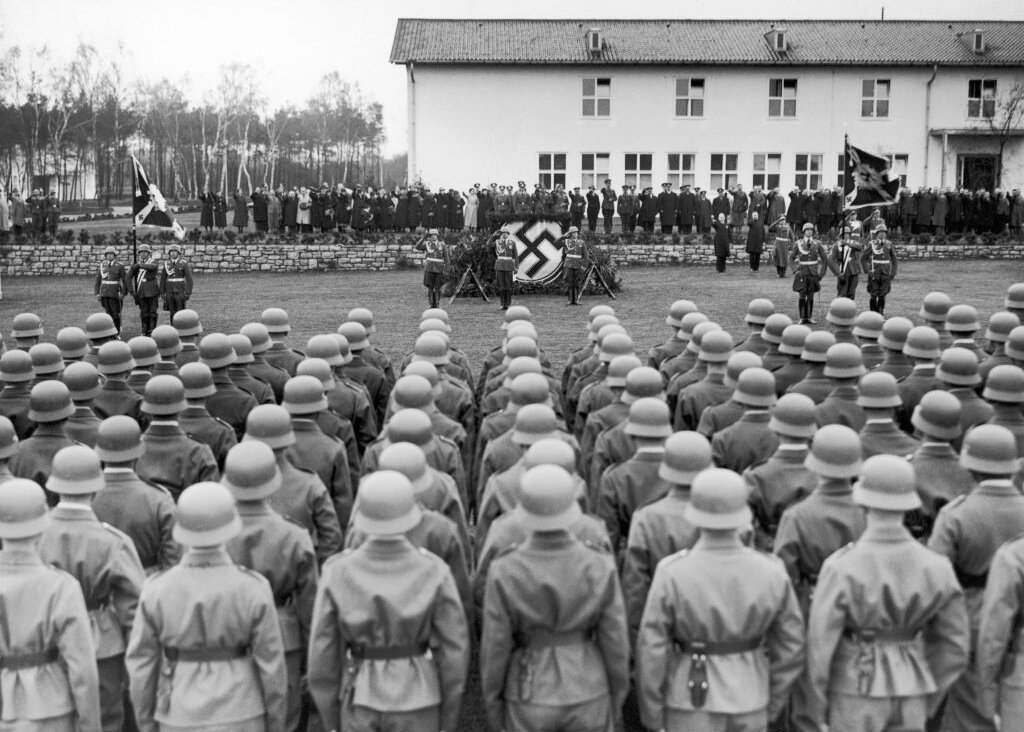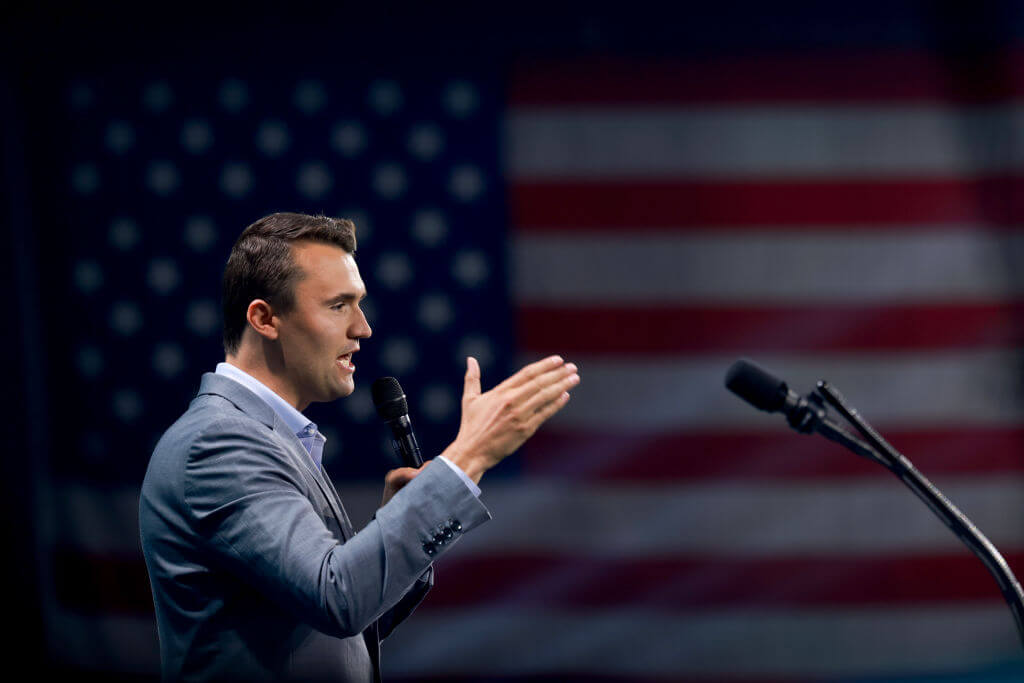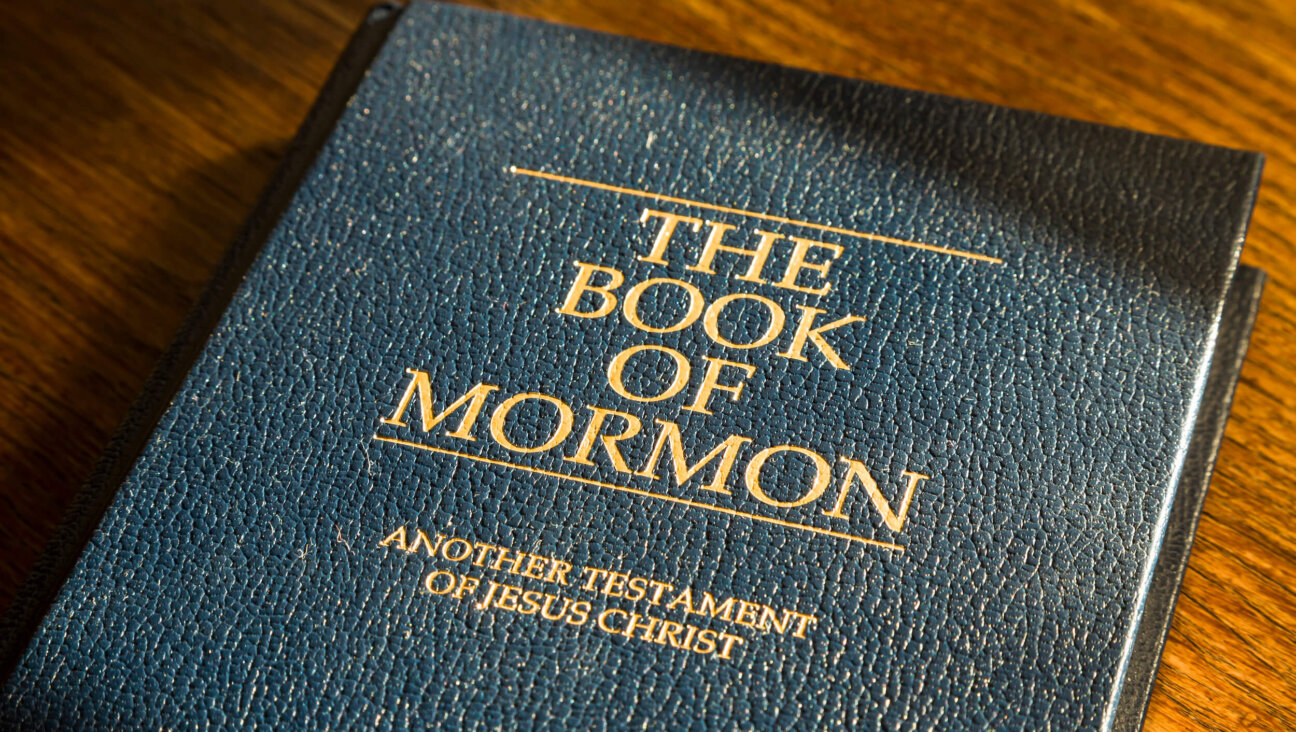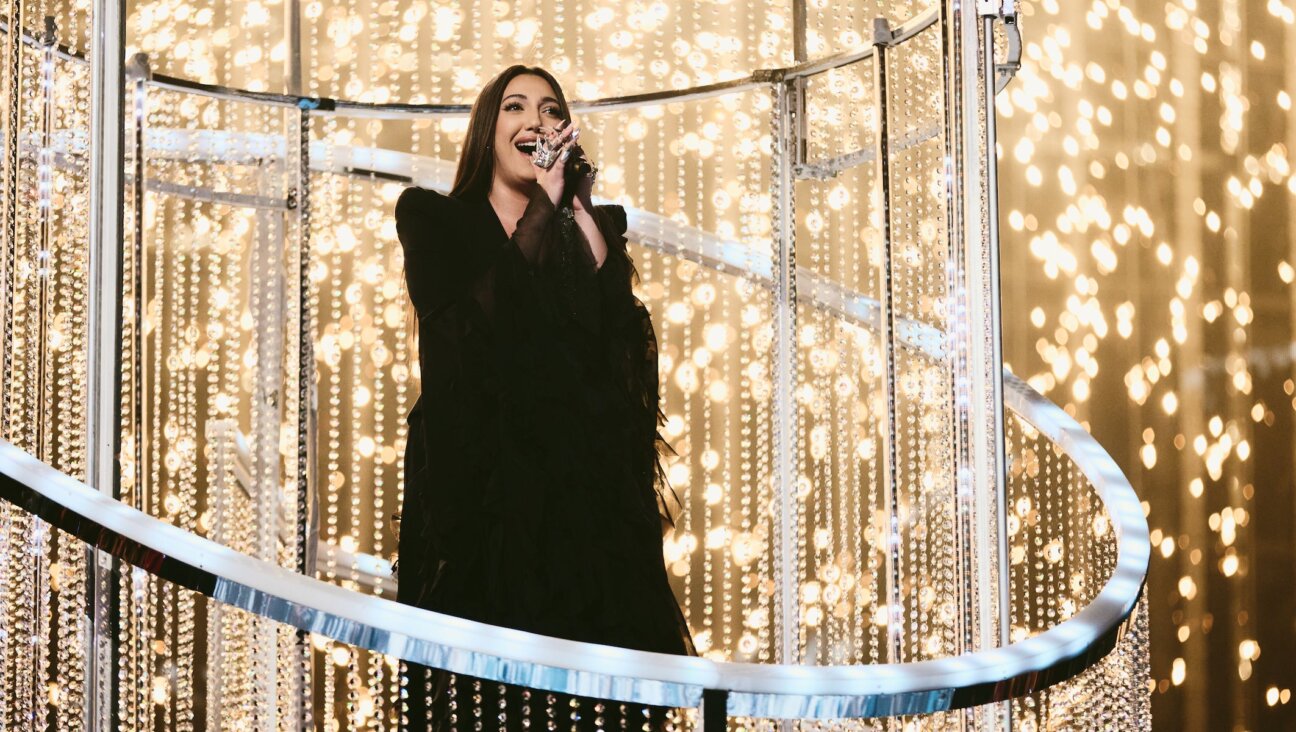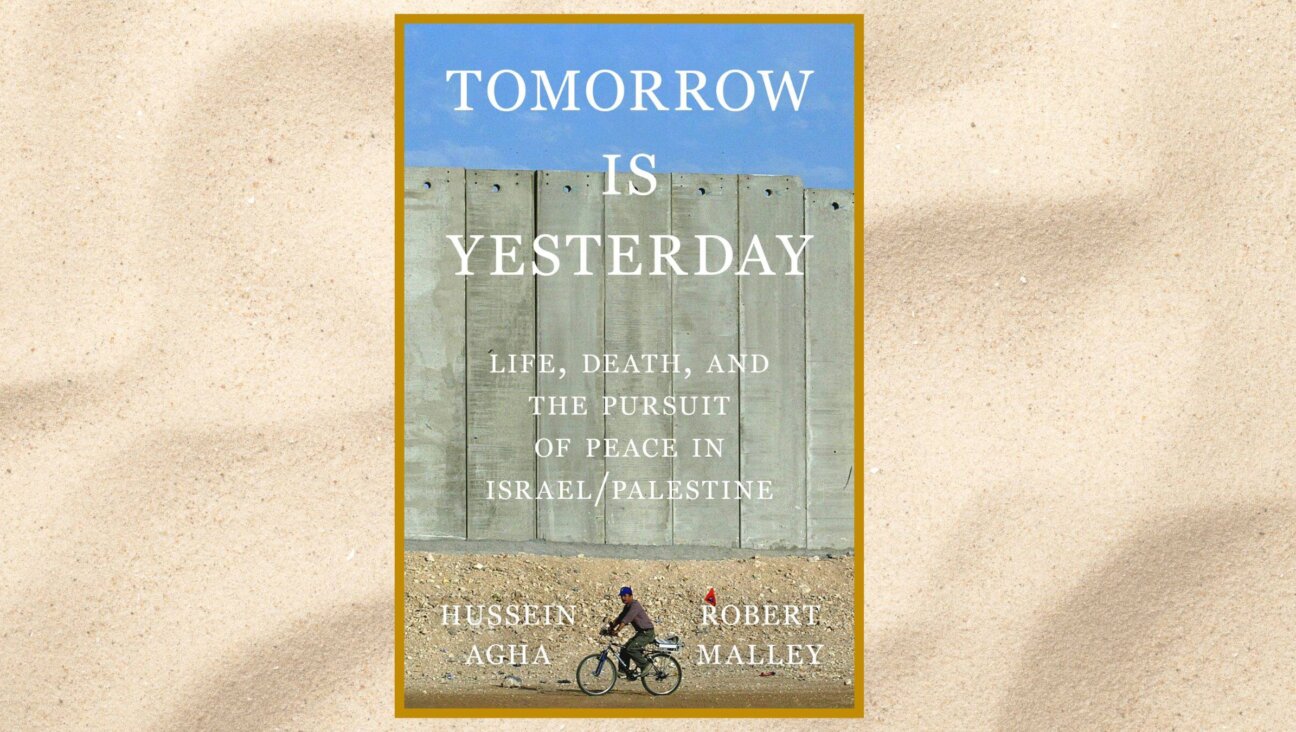Cracking ‘The Da Vinci Code’
| What’s a Jewish boy from Brooklyn doing provoking Christians worldwide? | It’s a matter to which Akiva Goldsman didn’t give much thought while adapting “The Da Vinci Code” for the screen. |
“You sort of have to put your head down and do the work,” the writer told the Forward, “and politics has to come second to doing your job.”
“The Da Vinci Code,” based on Dan Brown’s 2003 best seller, begins with a professor (Tom Hanks) at the scene of a murder at the Louvre. Soon he is sent on the trail of an underground society that guards the secret of Christ’s “true” biography, namely that he married Mary Magdalene and had a child with her.
Vatican officials have expressed outrage at the movie (which opens this week), urging their flock to boycott it.
“I am intrigued, certainly,” Goldsman said of the controversy the film has engendered. “Anybody to whom it will be offensive or unpleasant, I hope they avoid it. Clearly our attempt has never been to create or cause despair. What I hope is that people who like to have a fun afternoon at the movies can play around with ideas of how history might have or might not have played out.”
Goldsman more or less succeeded in keeping the theological tempest at arm’s distance as he worked on the film. He remembers encountering only one protester during production, an outraged motorcycle-riding nun who turned out to be an impostor.
“The Da Vinci Code” reunites Goldsman, 43, with director Ron Howard and producer Brian Grazer. The three teamed on “A Beautiful Mind” (2001), which earned Goldsman a screenwriting Oscar, and on last year’s “Cinderella Man.”
Goldsman considers Howard a genius and credits Grazer for resurrecting his career after Goldsman wrote a string of disappointments, “Practical Magic” (1998), “Lost in Space” (1998) and “Batman & Robin” (1997). Prior to those, he scripted two successful John Grisham potboilers, “The Client” (1994) and “A Time to Kill” (1996).
When Howard and Grazer first approached Goldsman about re-imagining “The Da Vinci Code,” he was jittery. But Howard set his mind at ease. “Ron said, ‘See this as Hitchcock; associate it with the thrillers of the ’70s,’ and that was an exciting prospect,” Goldsman said.
Los Angeles-based Goldsman was on the set for much of the filming. Not so long ago, such a move would have been rare. But for Goldsman, not having a writer on set is akin to having a costume designer work from home. What if something doesn’t fit?
“Being a writer is starting to be okay,” Goldsman said. “More and more writers are being made a part of the filmmaking process. It’s just a reasonable response.”




